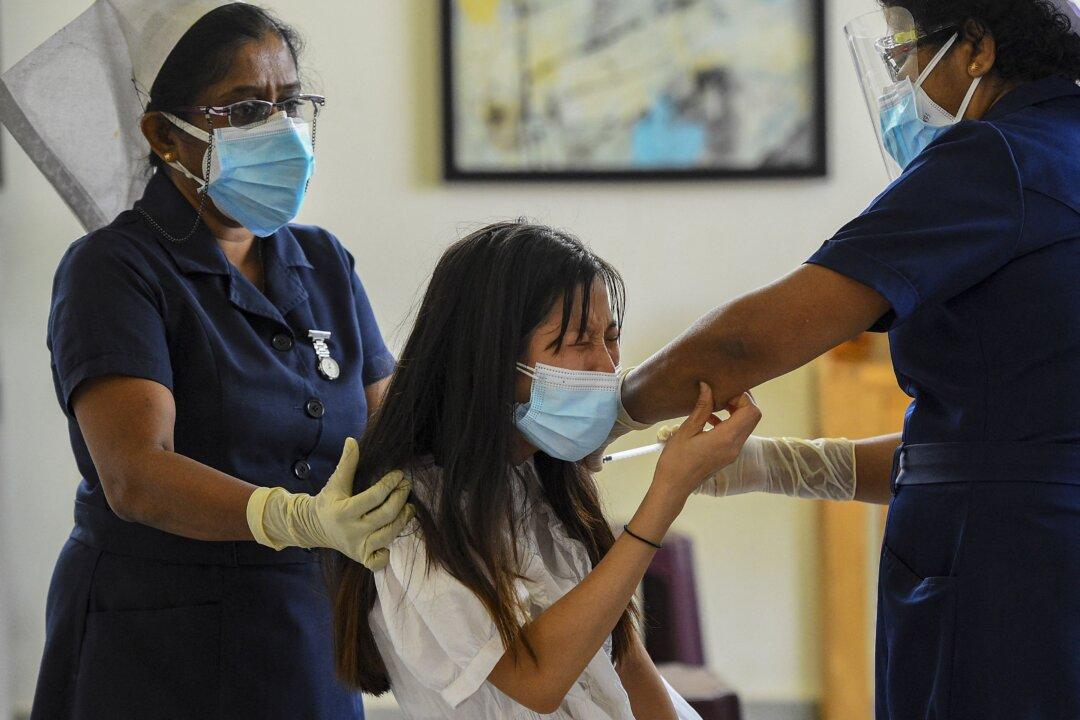Taiwan said on April 7 its diplomatic allies that supplied them with COVID-19 vaccines helped to prevent the Chinese Communist Party (CCP) from invading the island nation. Taiwan also said Beijing is trying to use the pandemic to force the island nation’s allies to break away in exchange for Chinese vaccines.
Paraguay, Taiwan’s sole diplomatic ally in South America, said on March 22 that brokers of Chinese vaccine manufacturers told the state that it needs to break away from Taiwan if it wants to have the COVID-19 vaccines from China.





